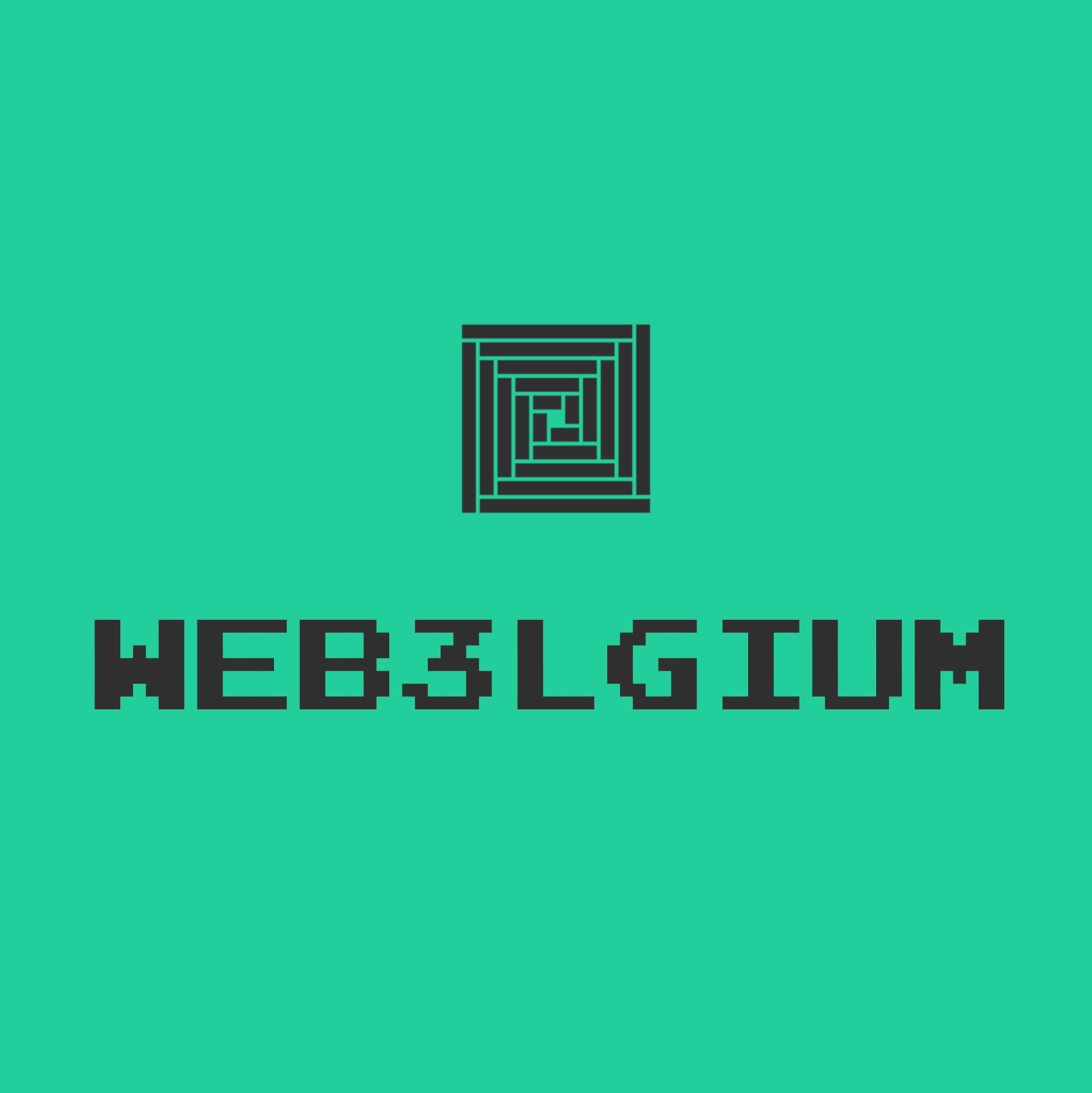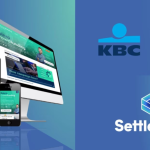In this pilot, a MVP blockchain application is being built in collaboration with seven Uttrakhand medical colleges, a unified platform for collaborating assets and medicine supplies through a central repository will be set up with a Blockchain backbone. The project will be initiated with Haldwani and then instantiated to other medical colleges including Dehradun, Pitthoragarh, Rudrapur, Rishikesh, Pantnagar and Srinagar, utilizing the immutability and transparency of blockchain technology to effectively track assets, in this case medical equipment and medical supplies.
![]()
Healthcare facilities are facing an increase in the volume of patients as well as higher expectations on the level of patient care, both of which have been exasperated by the recent COVID-19 crisis. Creating a more streamlined and efficient workflow is therefore an important factor in tackling these increasing demands, as well as complying to regulations and affording transparency and security.
The real-time tracking of medical assets is one of the key components in streamlining a hospital’s workflow by allowing for more effective management of resources, supplies as well as monitoring the state of equipment and tools. Time is of the essence when medical staff are under pressure, and they don’t always have time to be looking for specific equipment or know what supplies are in stock. Therefore, having a real-time tracking of these assets is of great value, not only for cutting costs but more importantly in saving lives.
Uttarakhand State medical colleges are using the SettleMint platform, leveraging Polygon Edge Technology, to build a blockchain enabled tracking system. The SettleMint blockchain platform allows for the system to be built in a fraction of the time usually required to implement such projects, due to its low-code abstraction that lets developers focus on what matters. This means they can quickly build and launch the system, easily integrate it with existing legacy systems (through APIs) as well as monitor the health and performance of the initiative.
Blockchain technology’s ability to track, trace, store, and securely share the data makes it uniquely suited to this type of implementation. Furthermore, consistent, immutable, auditable data allows for an unprecedented level of transparency that is welcomed in the public sector and medical fields.








